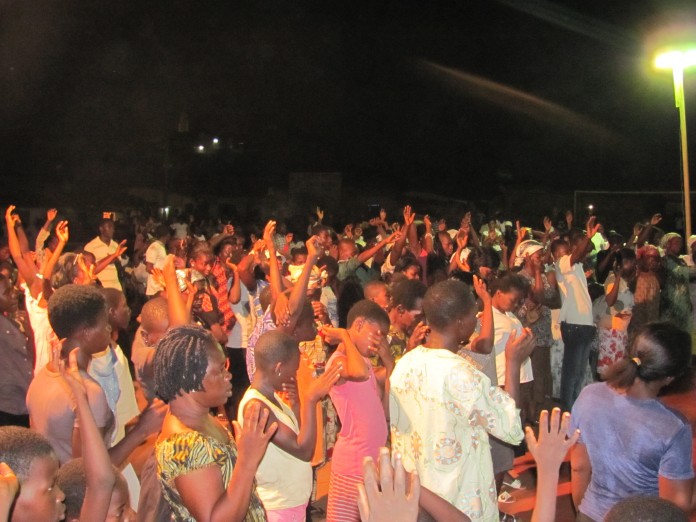4 top Nigerian business magnates and how they made their wealth

Nigeria is one of the most talked-about countries on the globe when it comes to wealthy businessmen. It is the largest black nation and one of the largest producers of oil globally. No doubt, its footprint across Africa cannot be underestimated.
Economically, Nigeria has a strong financial grounding and remains one of the main players on the continent. An International Monetary Fund review of the richest countries in Africa per Gross Domestic Product in 2021 shows that Nigeria is the richest country on the continent with an annual worth of $514.05 billion. Egypt and South Africa follow closely with $394.28 billion and $329.53 billion respectively.
However, the World Poverty Clock described Nigeria as the poverty capital of the world in 2019 as the country’s wealth is owned by a select few. The Nigerian National Bureau of Statistics said in 2020 that 40 percent of the population representing 83 million Nigerians live in poverty.
While this figure might be staggering, Nigeria boasts of extremely wealthy men. A report by oxfam.org 2017 said the combined wealth of Nigeria’s five richest men is $29.9 billion. This amount, according to the report, could end extreme poverty in the country.
Below is how Nigeria’s three billionaires made their wealth:
Aliko Dangote
Aliko Dangote’s business empire started three decades ago after he borrowed $3,000 from his uncle to import and sell agricultural commodities in Nigeria. Aliko Dangote’s wealth comes primarily from his famous Dangote Cement.
Despite operating in several industries including oil and gas, consumer goods and manufacturing, the richest man on the continent is reported to own a majority 85% of the conglomerate’s revenue. Forbes reports in 2021 that Dangote cement produces at least 45.6 million metric tons of cement every year and it is operated in 10 African countries.
In March this year, Dangote Cement Group reported quarterly revenue of 332.7 billion Nigerian naira, approximately US$808.5 million. With the operationalization of his $19 million oil refinery later in the year, it is understood that his net worth will triple. Dangote who has been the richest man in Africa for ten years in a row is worth $12 billion.
The Dangote Group is reported to be the largest private-sector employer in Nigeria as well as the most valuable conglomerate in West Africa.
Mike Adenuga
Mike Adenuga is Nigeria’s second richest man with an estimated worth of $6.5 billion according to Forbes.com in May 2021. He built his business empire through investments in telecommunications, banking and oil exploration. However, it all began for him when he made his first million naira selling lace (a traditional Nigerian outfit) and distributing soft drinks. All this happened when he was only 26.
His company, Glo, is the second-largest company in Nigeria with over 55 million subscribers with a presence in Benin – he was unsuccessful with his investments in Ghana. Like Dangote, Mr. Adenuga ventured into oil exploration with his outfit Conoil which operates 6 oil blocks in the Niger Delta.
He has stakes in Equatorial Trust Bank.
Folorunsho Alakija
Alakija’s journey to success is nothing short of impressive. Her entrepreneurial journey started when she founded her fashion line and became successful at it. Owing to the success of The Rose Of Sharon House of Fashion in 1996 and within a few years, she decided to diversify, making her way into oil exploration.
Worth $1 billion in 2020 according to Forbes, she is the Vice-chair of Famfa Oil, her exploration company with a stake in Agbami Oilfield, a prolific offshore asset. Forbes reports that her partners include Chevron and Petrobras.
Read more on how she won a 12-year legal battle against the Federal government.
Abdulsamad Rabiu
According to Forbes, business tycoon, Abdulsamad Rabiu is worth $4.4 billion in 2021. The majority of his wealth comes from his ownership of BUA Cement PLC, however, he is also active in sugar refining and real estate. He began his business journey in 1988 with the importation of iron, steel,
and chemicals.
Forbes reports that Rabiu merged his privately-owned Obu Cement company with Cement Co. of Northern Nigeria, which he controlled.
Source: mynigeria.com






